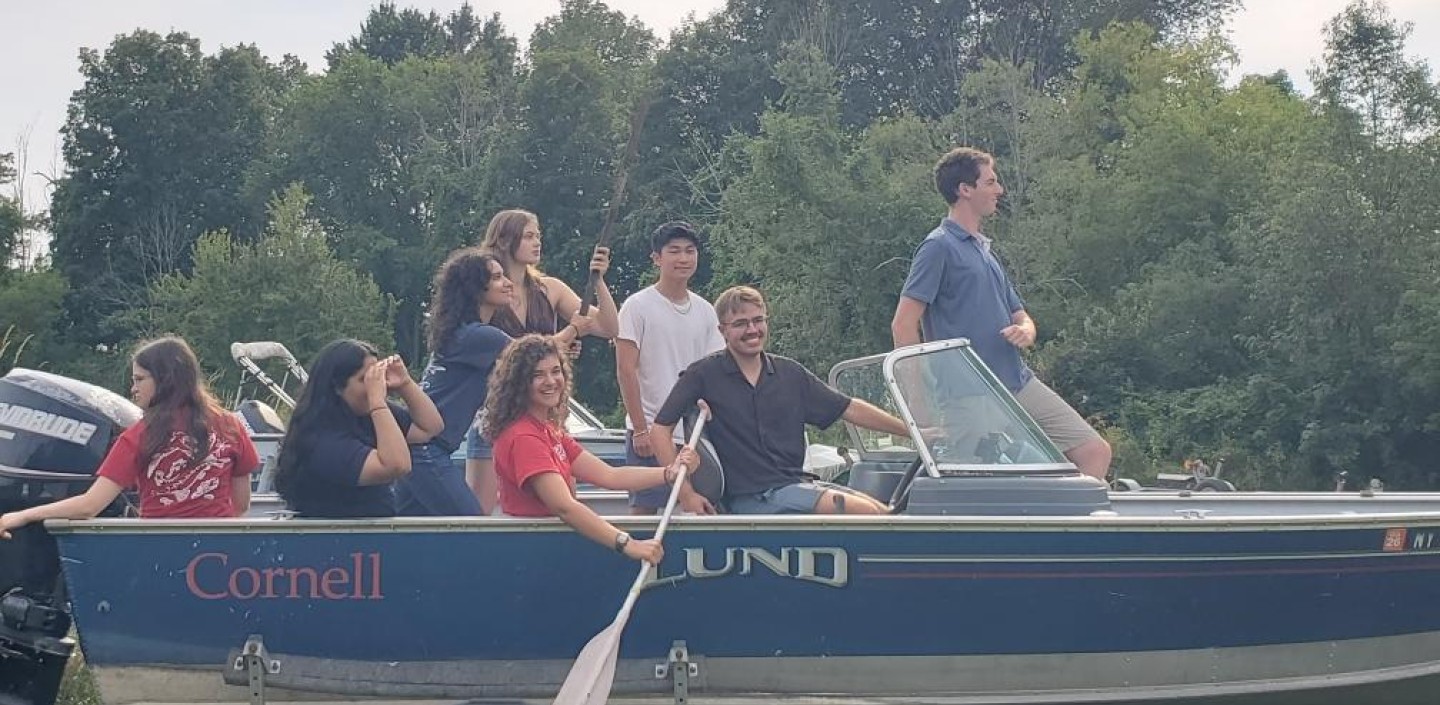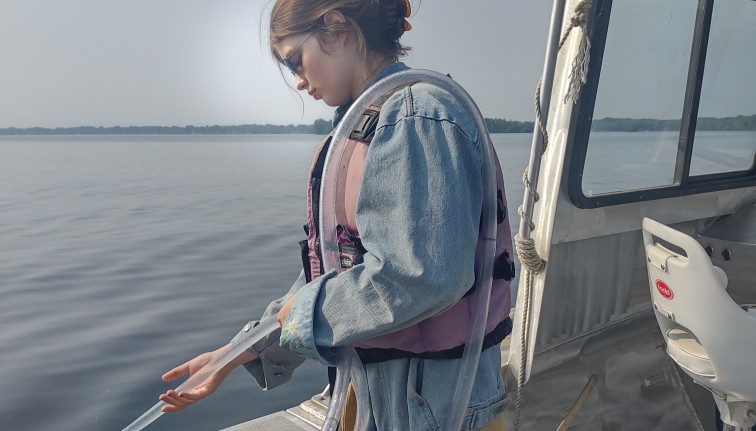Engaging Madison County Communities with Local History
Assessing the Vertical Distribution of Daphnia sp. and Bythotrephes longimanus in Oneida Lake
Studies on Oneida Lake Fishes – Round Goby behavior across the invaded range
Common tern diets on Oneida Lake: classifying diversity and developing research training tools
Taking Flight: Understanding Fear and Evasion in Smallmouth Bass
Creels Surveys on Oneida Lake: Angler Feedback and Catch Rate Assessment
Assessing Juvenile Lake Sturgeon Habitat Preferences in Oneida Lake
Surveying Mysis Diluviana Populations in Seneca and Keuka Lakes
Quantifying Common Tern (Sterna hirundo) Foraging Patterns Using Soundscapes
Invasive Dreissenids as a Potential Contributor to the Reemergence of Mayflies in Oneida Lake
Onondaga County Tick Collection: A New Study and its Challenges
Creating an age-length key for sturgeon in Oneida Lake
Understanding tern talk: characterization and identification of Common Tern calls
Copepods or cannibalism? Predation rates and preferences of Mysis diluviana
Mussel population dynamics
Developing a freshwater HABs citizen scientists monitoring program
Diet analysis of Round Goby and Lepomis in Oneida Lake
Salty spawners: salinity effects on Round Goby reproduction
Mysis and Mussels: benthic habitat preferences of Mysis diluviana
The Role of Quagga and Zebra Mussels in the phosphorus budget of Oneida Lake
The ecological rhythms of Oneida Lake as experienced by the angler community
Trends in abundance of the Burrowing Mayfly in Oneida Lake, NY
Food sovereignty and the sacred at Oneida Lake
Predation and selectivity for Bythotrephes in Oneida Lake
The population assessment of Round Gobies (N. Melanostomus) in Oneida Lake
The interspecies behavioral differences of Zebra and Quagga mussels
Investigation of the presence and role of poly-phosphate accumulating microorganism in phosphorus cycle and utilization in lake sediment
Oneida Lake nutrient limnology
Parasitic and benthic Copepods of Oneida Lake
Common Tern management and sleep ecology
Walleye and yellow perch biology in Oneida Lake
Use of hydroacoustics in fisheries assessment
Effects of invasive species on aquatic ecosystems (plants, mussels, invertebrates, fish)
Fish-eating and colonial water birds
Hydrology of streams and groundwater
Invasive plants





